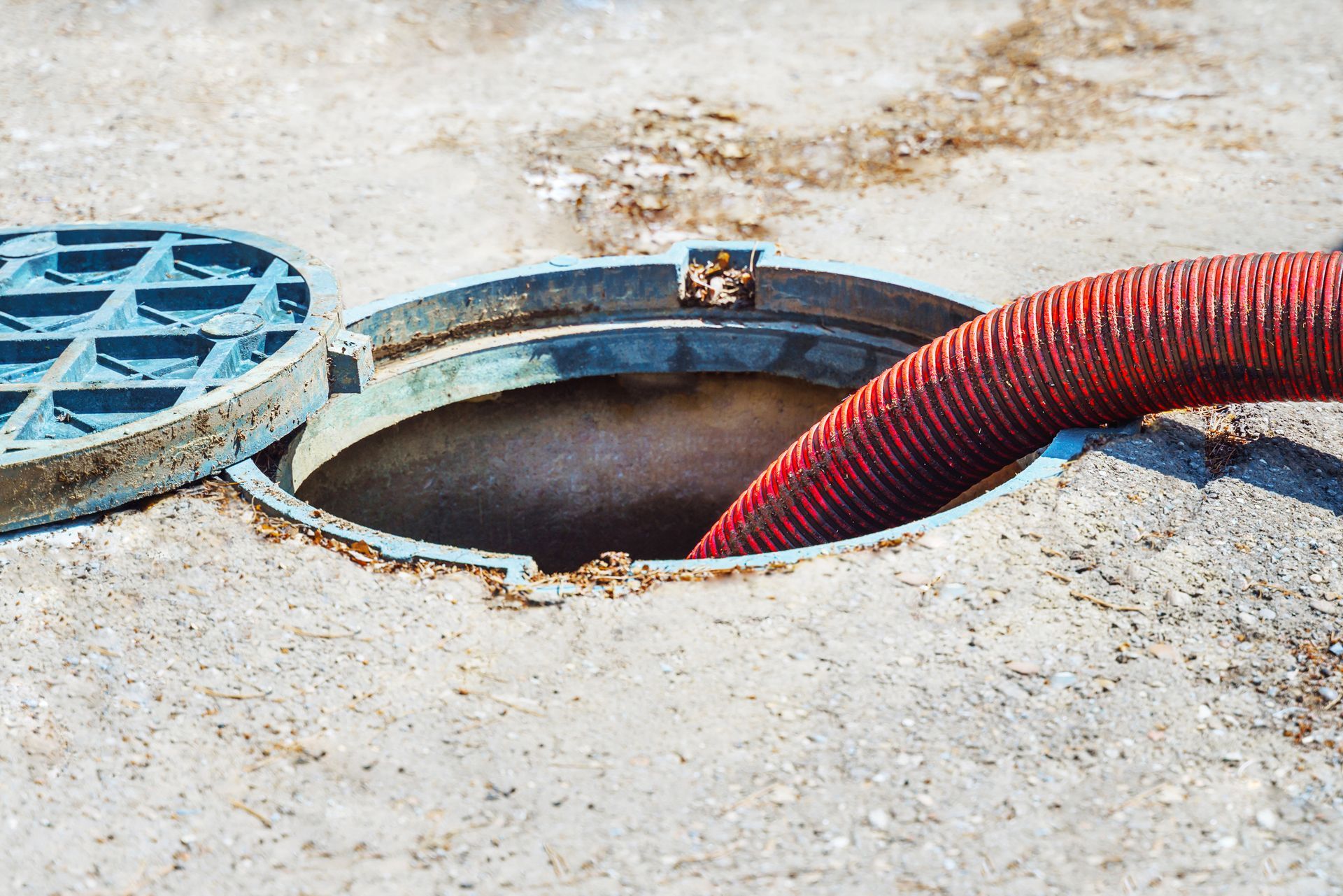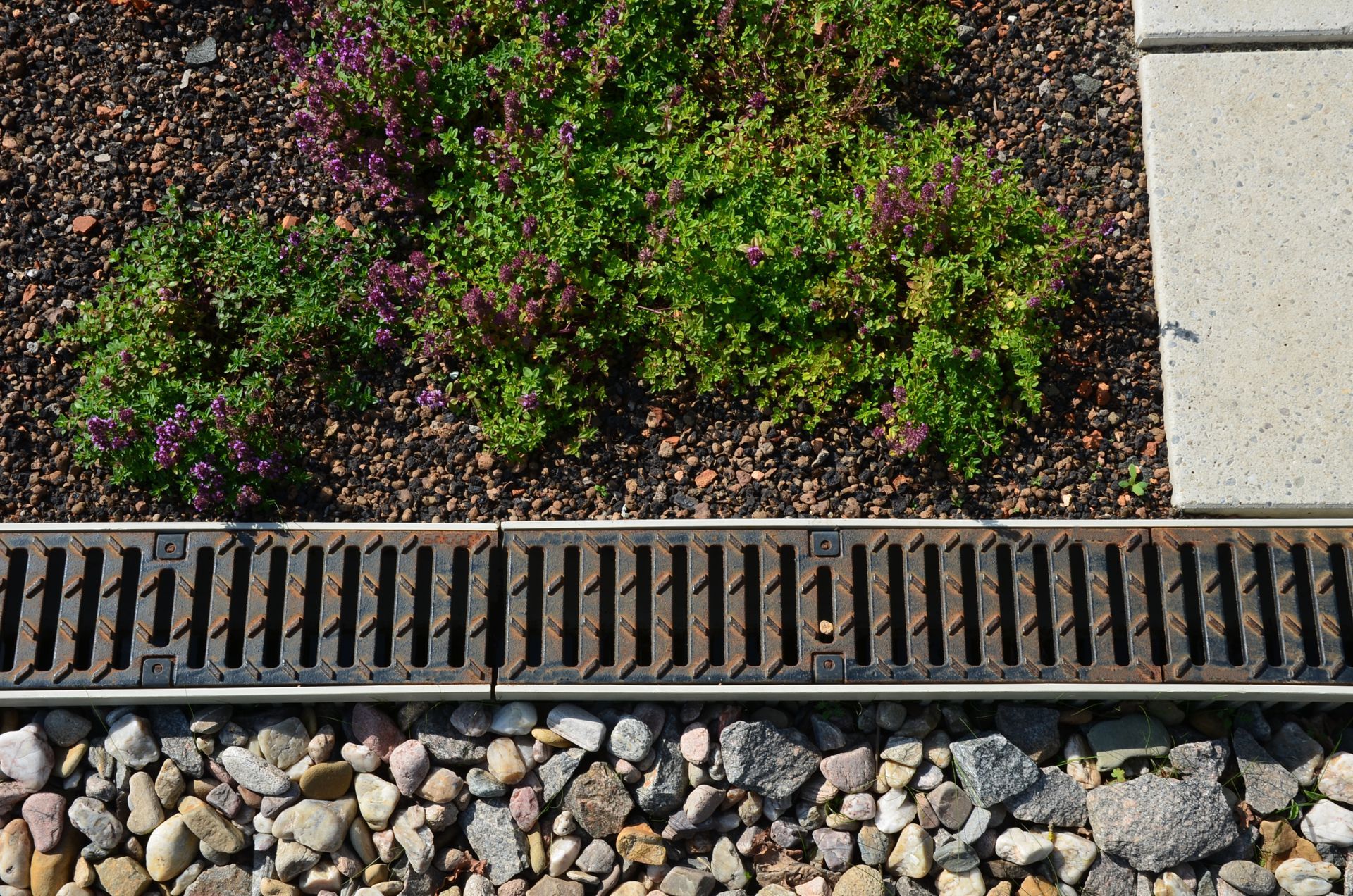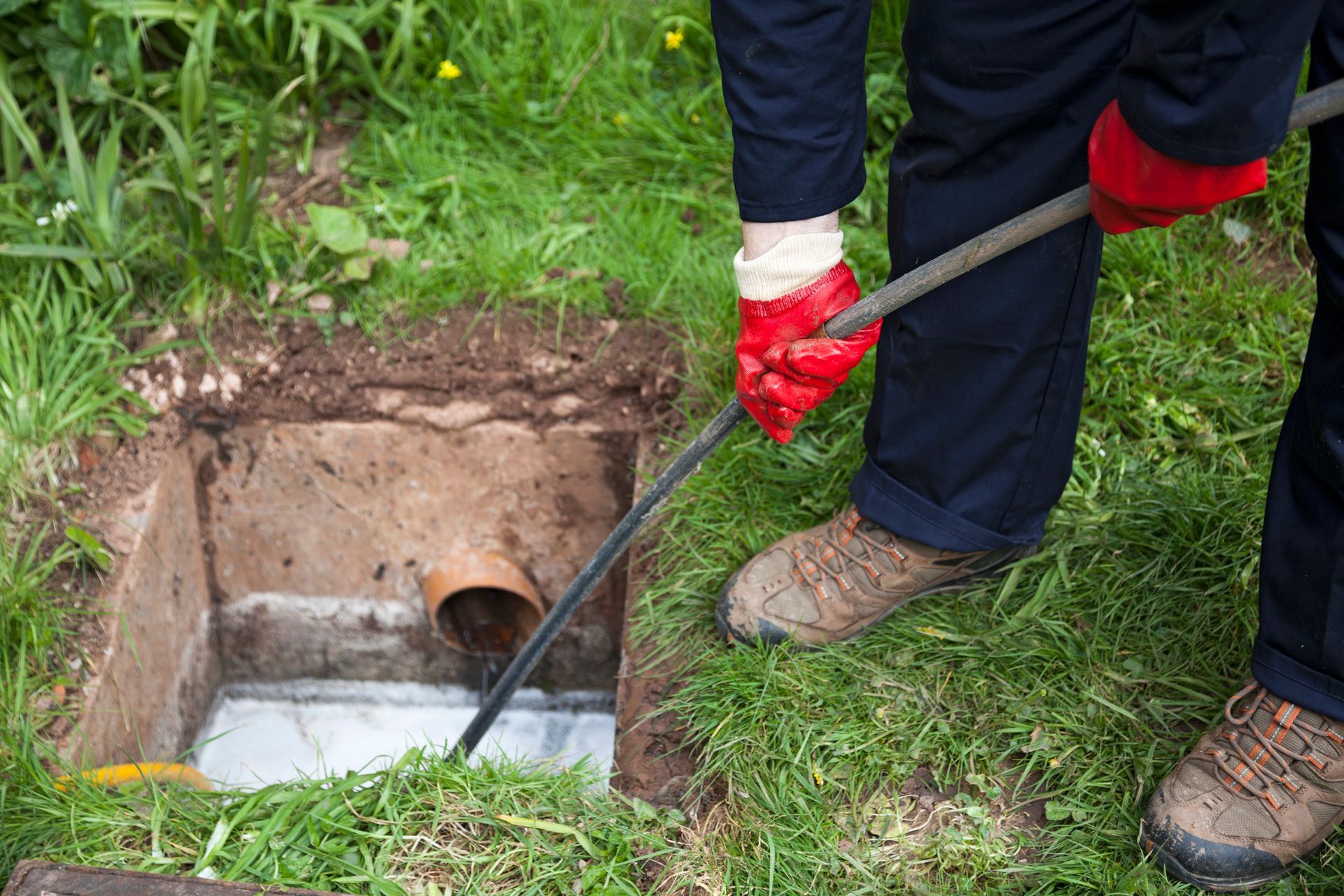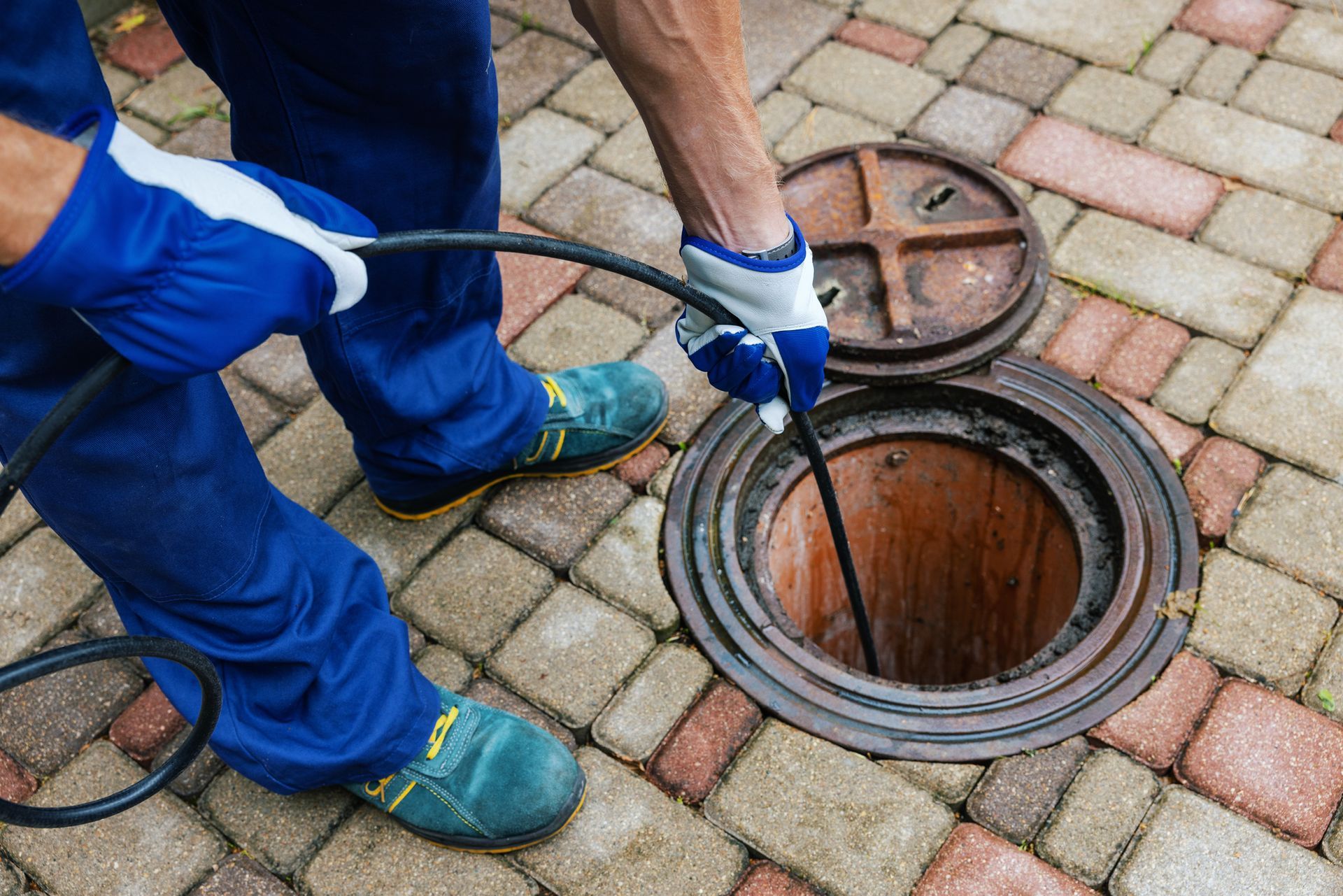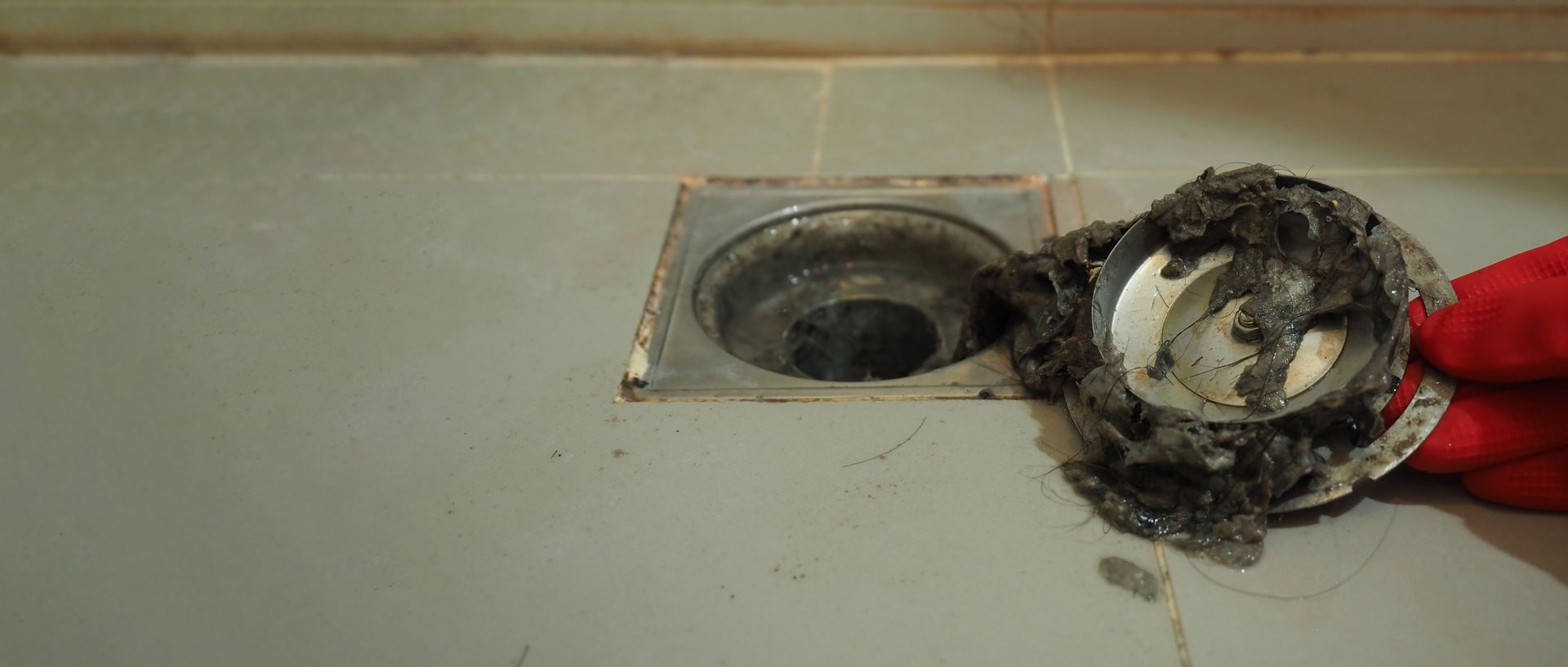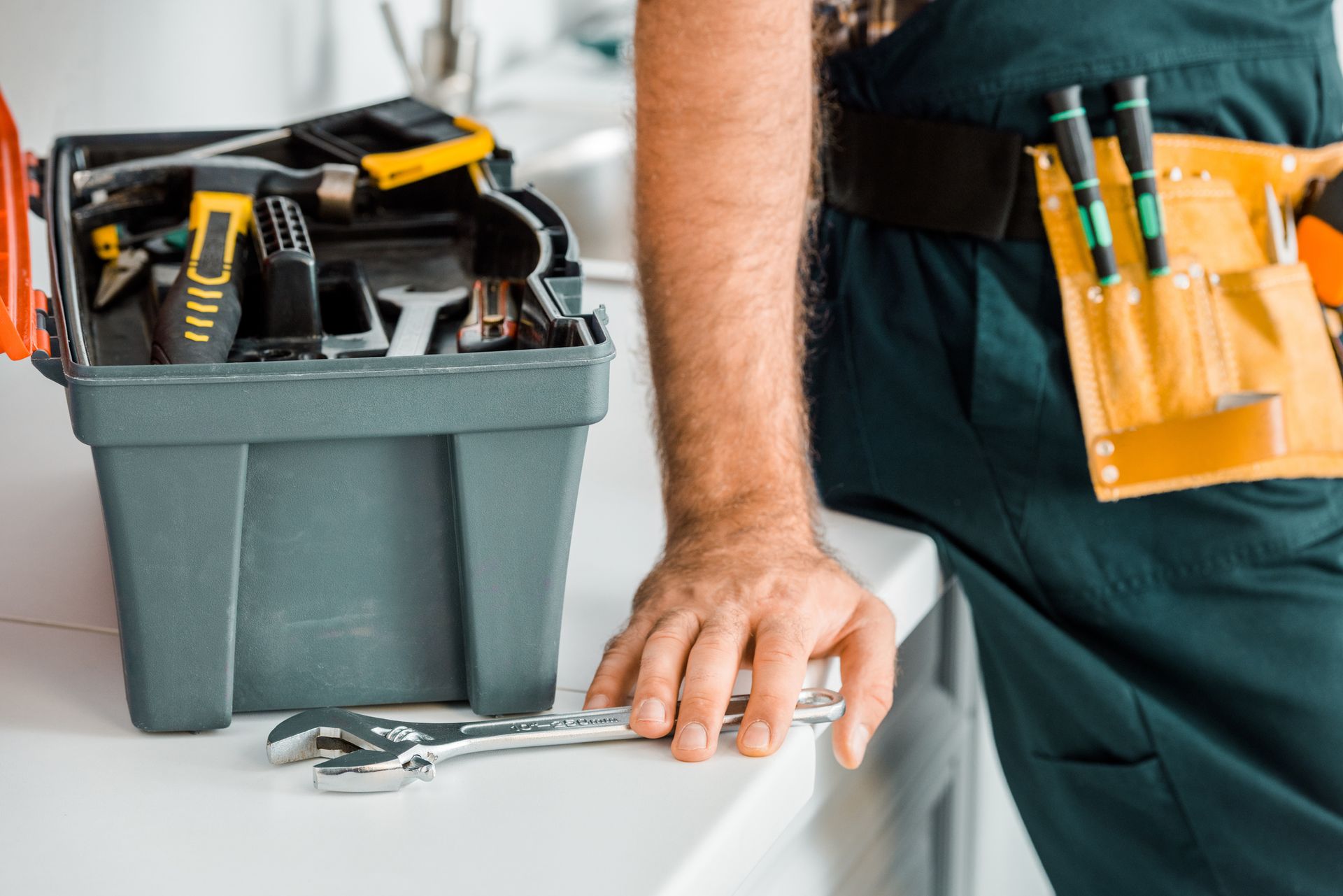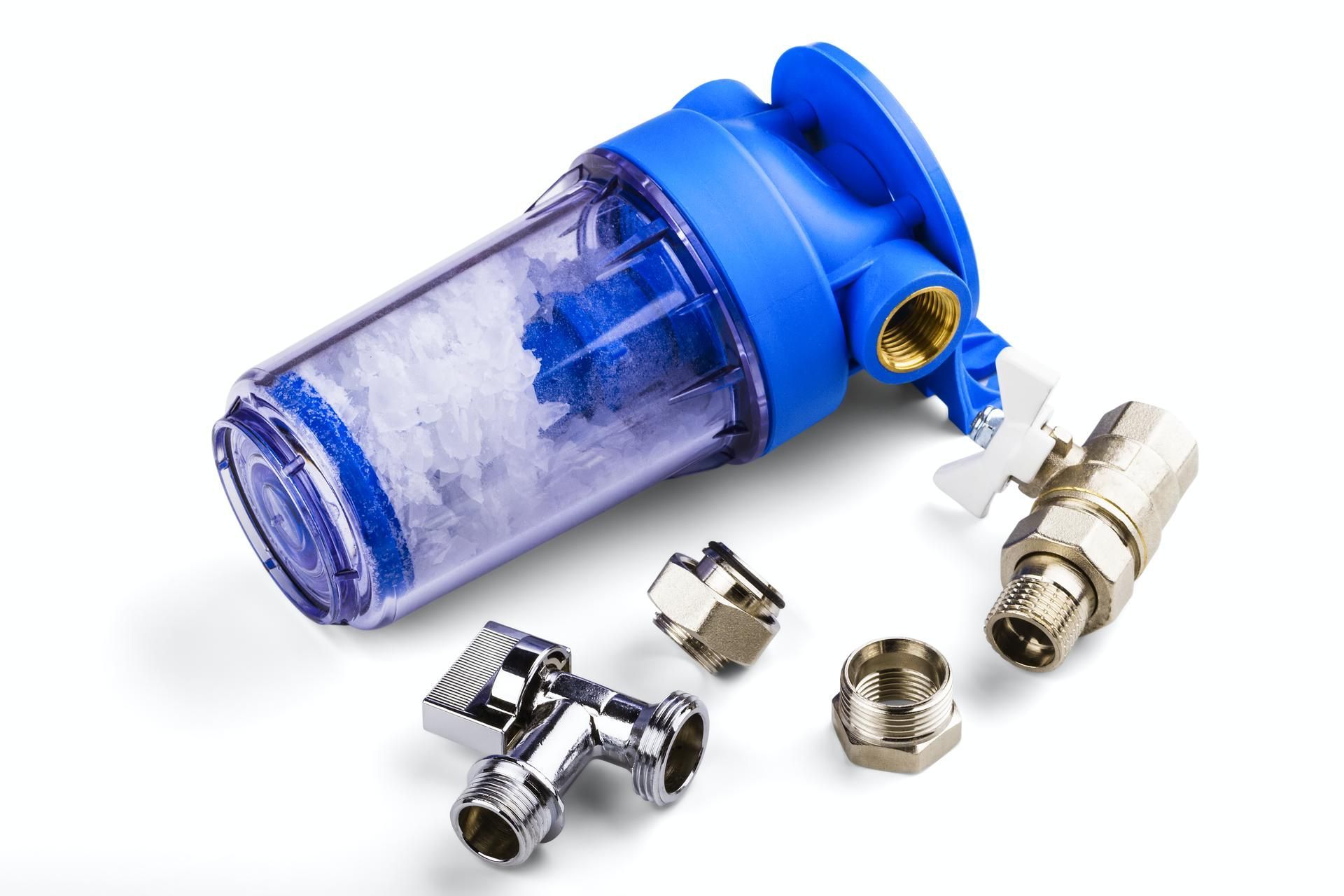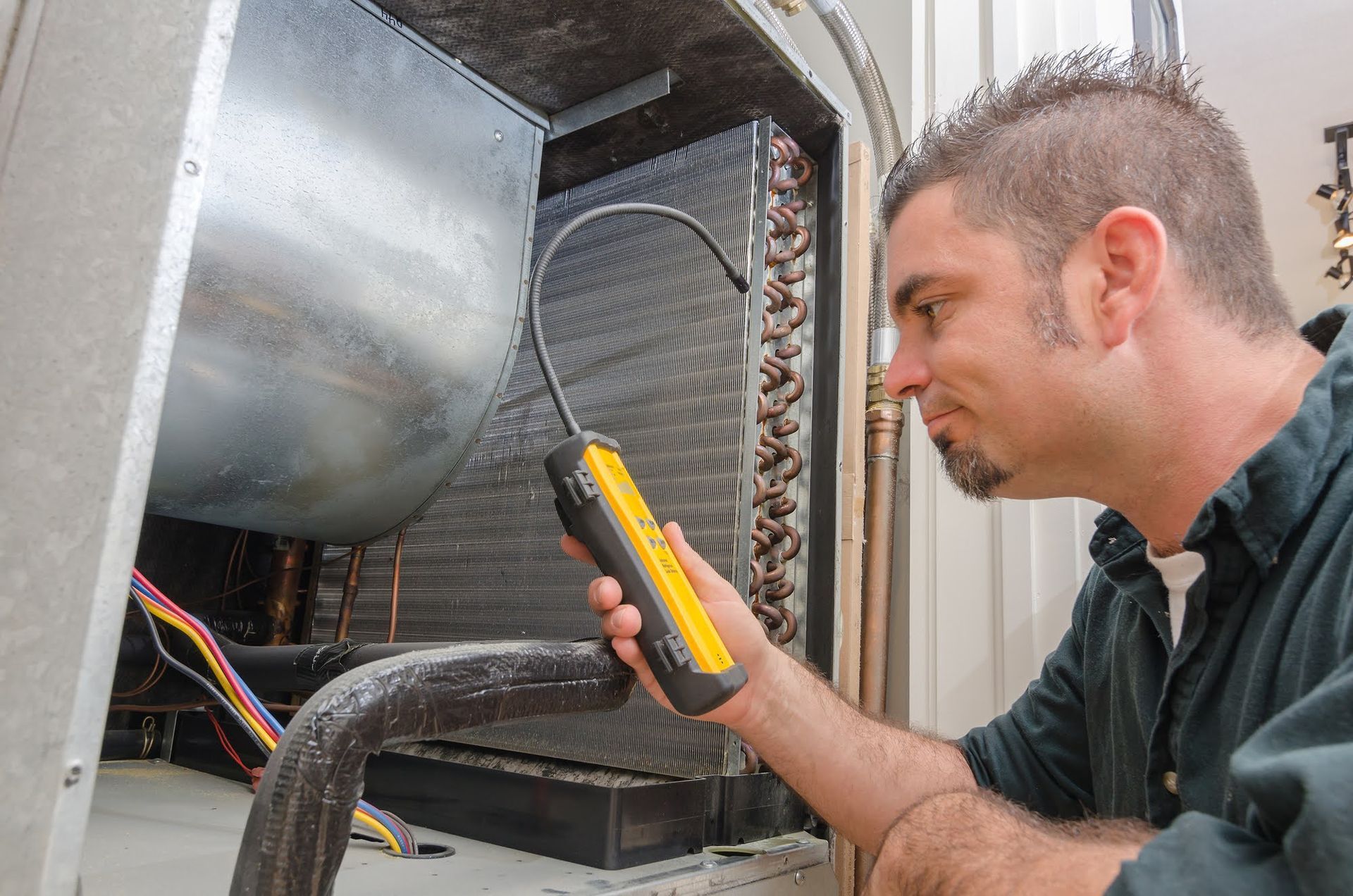Slab Leaks: Potential Causes and Helpful Repairs
Admin • September 27, 2021
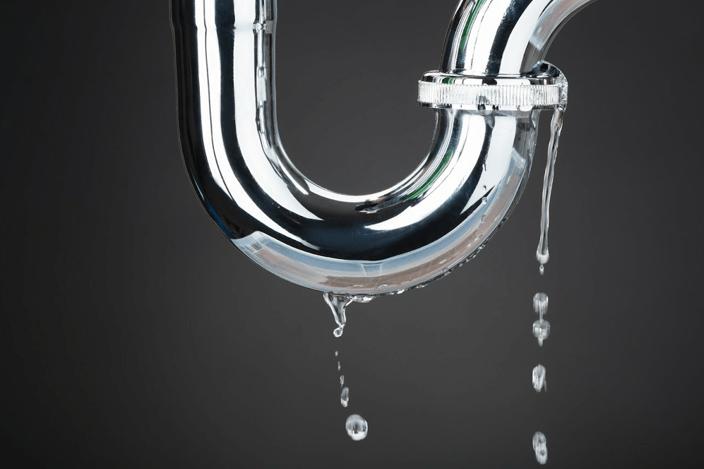
Slab leaks are dangerous because of the water damage they cause and their difficulty of repair. Every homeowner should know why slab leaks occur and how to deal with them.
Causes of Slab Leaks
Anything that damages the plumbing pipes under the slab can cause leakages. Below are some common causes of these leaks.
Ground Movements
Ground movements occur if a section of the soil shifts from one location to another. Common causes of ground movements include:
- Soil shifts. Expansive soils expand when they absorb water and contract after drying. The expansion and contraction can destabilize and break the pipes.
- Earthquakes. Earthquakes are seismic waves that shake and displace the ground. The shaking and displacement can break your plumbing pipes.
- Sinkholes. Sinkholes develop when underground water dissolves soluble rocks, creating spaces into which the coils above the rocks can collapse. Pipes around or above the collapsed soil can break and leak.
The above are just a few examples; anything that causes the ground to shift can damage underground pipes.
Abrasion
Water flowing through pipes causes the pipes to vibrate and rub against nearby materials, such as slab concrete, gravel, or rebar. The friction wears the pipe materials. Over time, accumulated wear can cause cracks or holes in the pipes, leading to water leaks.
Corrosion
Metal is a common material for underground water pipes. Unfortunately, the material is susceptible to corrosion. The risk of corrosion is especially high in acidic conditions, which might be the case if:
- The soil is acidic
- Acidic water finds itself underground
- Water flowing through the pipes is acidic
Acid accelerates corrosion, which wears metal just like abrasion, leading to cracks and holes that facilitate water leaks.
High Water Pressure
High water pressure causes pipe damage in various ways. For example, high water pressure:
- Increases abrasion
- Aggravates corrosion
- Can force water through pipe joints or tiny cracks that wouldn't otherwise leak water
The damage can become more extensive the longer you operate with high water pressure.
Aging
All water pipes are subject to age-related deterioration. Your water pipes will eventually fail even without additional external problems. Thus, homes with old plumbing systems are more susceptible to slab leaks than those with new plumbing.
Repairs for Slab Leaks
Slab leaks can cause extreme damage in different ways, such as foundation damage, mold growth, and high water bills, among others. Take measures to fix slab leaks as soon as you notice the problem. Below are some of the techniques plumbers deploy to fix slab leaks.
Rerouting
Rerouting involves installing a new pipe to replace the damaged section. For example, if the pipe supplying a bathroom with water breaks, you can abandon it and install another pipe (above ground) to serve the same purpose. You might have to re-pipe the whole house if the slab leak is extensive or has affected the whole house.
Tunneling
Tunneling also involves replacing the damaged pipe with a new one. In this case, however, you don't abandon the damaged pipe. Instead, the plumber tunnels under the slab to remove and replace the pipe.
Trenchless Pipe Repair
Digging through or tunneling under the slab is complicated and costly. A trenchless pipe repair allows you to avoid both. In this case, the plumber inserts an epoxy coating inside the damaged pipe. The epoxy material hardens and forms a new pipe inside the damaged one.
Garden Spot Mechanical, Inc. has extensive skills and experience with all forms of residential plumbing issues. We promise you fast and professional work to prevent plumbing problems from bling up into disasters. Contact us
today and let us treat your home as we would treat our home.

